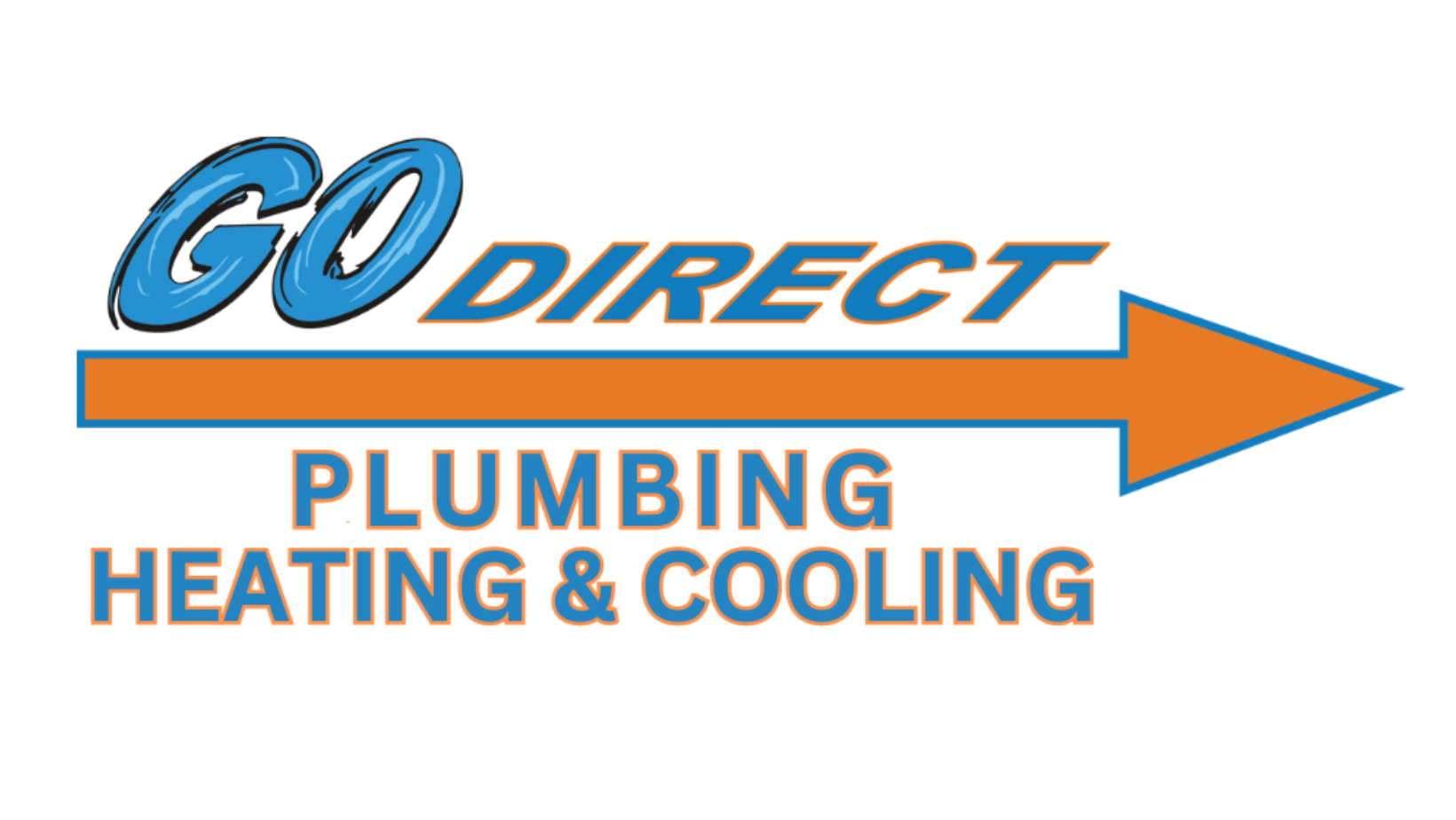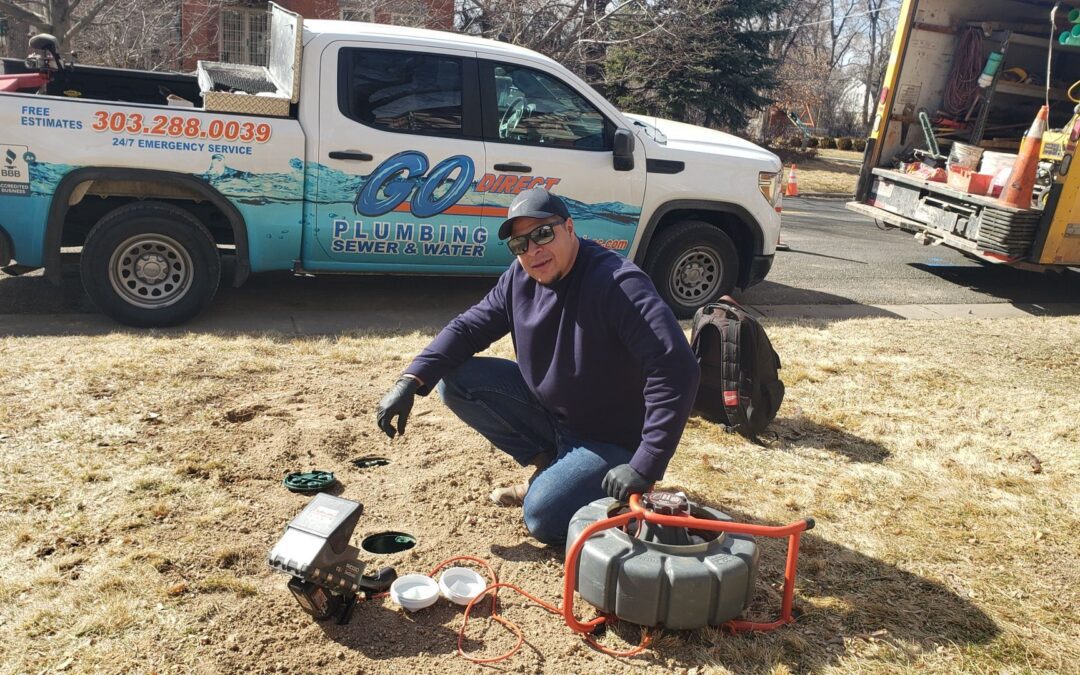Think you understand your home’s plumbing fairly well? Surprisingly, you may be missing a crucial piece of the puzzle; Your sewer line! Once freshwater comes in via your water line, this invaluable part of your entire plumbing system removes the wastewater you produce to flow out of your home. In essence, nothing will operate without this crucial output. It should come as no surprise that plumbing is one of the most common household problems. From clogged toilets to backed up sinks, it seems like there isn’t any room for error in your pipes. While water lines can sometimes be the culprit, what many people don’t realize is that sewer lines are more susceptible to issues. Proper maintenance can help avoid both smaller inconveniences and prevent bigger issues from happening, such as sewage back-ups or even septic tank failure. This involves a good understanding how these lines work, how to spot signs of trouble, and what sewer line repair service options are available.
All household sewer lines are not created equal. Did you know there are three typical but different types of sewer lines servicing homes today? Combined house sewer lines collect and combine the flow from both wastewater and storm water into one combined line. Sanitary sewer lines are solely reserved for the flow of water from toilets, sinks, showers, etc. Last, storm sewer lines are dedicated to taking in rain water of all sorts, including anything from your area drain or rooftop, then directing it to a publicly owned catch basin in the roadway. No matter the type and purpose, the average lifespan of a sewer line is about 50 years. That means that many people are now living in homes with aging or deteriorating sewer lines which can lead to a whole host of problems with not only the sewer lines themselves, but related issues to the entire household plumbing system.
Inevitably, sewer lines will experience problems or fail, and many home sewer pipe repairs are a result of factors that cannot be controlled. Sewer lines can be damaged by age, tree roots, shifting or swelling soil, temperature changes, construction near lines, corrosion, cracking, deterioration of materials, or other reasons. Some sewer line problems are easy to detect. You may see or smell the problems inside your home, including sewage backup in drains and sinks. You may also see or smell water or sewage bubbling up in sections of your yard causing a sinkhole. If you notice water leaks, sewage back ups, bad odors in the house, or you find unusual objects in your plumbing areas, you should call a professional for a sewer inspection. You don’t want to increase the risk of water contamination which can have serious health implications for you and your family.
The good news is that there’s no need for panic or fear if you do experience these types of sewer line issues. Although most complications will arise on their own, proper prevention and maintenance goes a long way towards avoiding home sewer pipe repair. Be sure not to put anything down your drain aside from what should go into it. Avoid items such as diapers, feminine hygiene waste materials, paper towels etc., and in the kitchen never pour heavy grease and fat down the drain. On the exterior, it’s also important to practice proper upkeep by keeping trees trimmed away from the house and maintaining grade if your yard is sloped so water doesn’t pool at the base of your property.
If a worst case scenario arises and you notice the symptoms of a sewer line issue, don’t panic! If a sewer line repair is necessary, it’s a delicate service that should be performed by professionals, and is not always a simple fix. Because sewage problems are often hidden from view, they can be difficult to find without the help of sewer scope inspection using video camera technology. As a first diagnostic step, an expert will send in a probe with a camera looking for any clogs or damage that may have caused your plumbing issue. If the inspection uncovers problem areas, sewer line cleaning, drain snaking or sewer jetting will typically be performed to clean out your sewer line. If extensive damage during the sewer inspection is located, either a sewer line repair or sewer line replacement or repair will be necessary.
Are you experiencing plumbing issues such as overflows, clogs, and foul odors in your home? One of Go Direct’s sewer inspection and sewer line repair specialists is always here to help you with diagnosis, service, and residential sewer repair Denver …24/7, 365 days a year…Contact us today!

